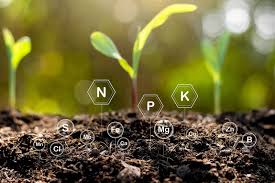Soils

"The Importance of Soil Health: Nurturing the Foundation of Life" Soil is a vital natural resource that plays a crucial role in supporting life on Earth. It is a complex mixture of minerals, organic matter, water, air, and living organisms. Soils are formed through the weathering of rocks and minerals over long periods of time, and they vary in composition and characteristics depending on factors such as climate, parent material, topography, and biological activity. Soil has several important functions and benefits. It serves as a medium for plant growth, providing nutrients, water, and physical support to plants. Soils also act as a filter and buffer for water, helping to purify and regulate the flow of water through the landscape. Additionally, soil serves as a habitat for countless organisms, including bacteria, fungi, insects, worms, and small animals, which contribute to its fertility and overall ecosystem health. Soil is cla


